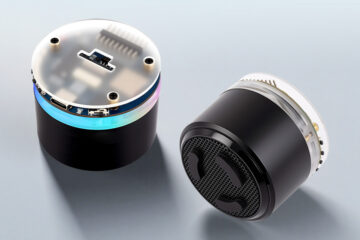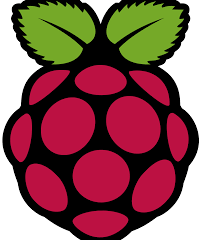AudioTools: Adding Support for the ESP32‐S3 AI Smart Speaker Development Board
Recently I found the ESP32‐S3 AI Smart Speaker Development Board on Aliexpress for around 15 USD. It has quite some interesting functionality: ES8311 Codec DAC Chip ES7210 Codec ADC Chip with stereo microphones SD Card 6 Neopixel Multicolor LEDs A PCF85063A Real Time Clock 3 User Definable Keys GPIO interface camera interface lcd interface This week I got this board in my mailbox and I expected it to be quite easy to be added to Read more





